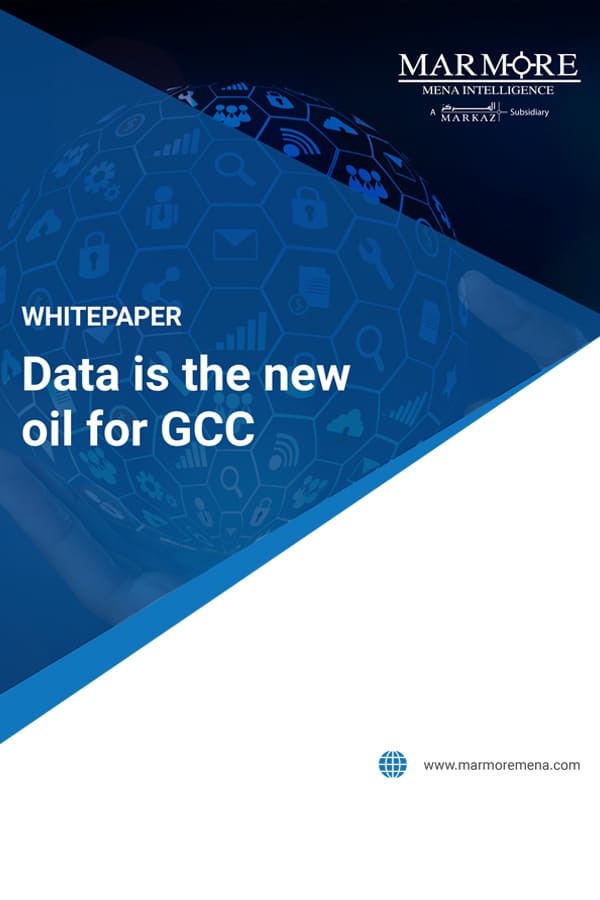Data is the new oil for GCC
February 23 , 2020
Request Full Report Download Executive Summary Download Executive Summary
Executive Summary
Data science, a synthesis of statistic and advanced computing technology is used to review, analyze and extract valuable knowledge and information from raw data. Industries/ institutions produce large amounts of data that can define and shape processes and bring about efficiencies. The data extracted can provide valuable information that may be used for multiple purposes, such as decision making, product development, trend analysis and forecasting. Data science could be a key enabler for the Gulf governments as they seek to deliver targeted and better services to the public in different realms. United Arab Emirates has made huge strides in shifting their service delivery operations to cyberspace, through its e-government and smart government transition into virtual space.
The Gulf economies with their state of art technology and infrastructure foundation can set ambitious targets in terms of being leaders in data science. UAE's Smart Data Strategy, Tasmu Qatar, KSA Open and Big Data Strategy and Bahrain Open Data Strategy are some of the initiatives deployed across the Gulf countries in this sphere. Such technological transformation will create opportunity for policy makers to have deeper, data-driven insights into various issues. For instance, the governance structures of today are unable to extract relevant policy insights from the amount of data collected due to lack of the knowledge, skill and technical expertise. For a workable policy narrative, every actor including governments, universities and think tanks will have to strengthen their data science capacity. As formulating right governance structure is a critical step, data science can be effectively leveraged in policymaking, for which, Gulf countries should start developing robust foundation necessary to store, share and analyze the data.
